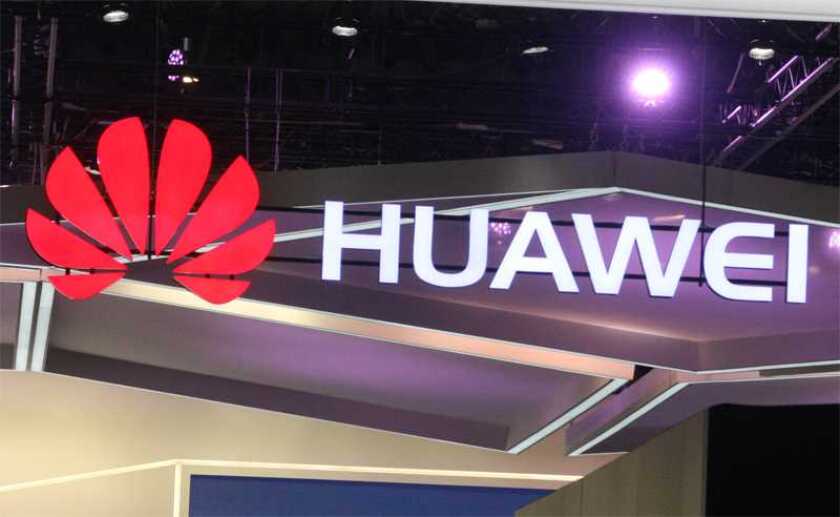The Chinese company has filed a 65-page complaint to the Federal Trade Commission (FTC) and Federal Communications Commission (FCC), saying that their rulings are unfair and that they have restricted competition.
“Regulators should certainly seek to minimise security risks, but whenever possible they should do so in a manner that minimises harm to the free market system,” says the Huawei report (PDF here).
Huawei – and other Chinese companies, notably ZTE – are banned from supplying equipment and software to the major US carriers, including AT&T, Sprint, T-Mobile US and Verizon. In addition the US government will no longer allow money from the universal service fund to be used to subsidise purchases of its kit by rural operators.
Huawei says: “These actions have been taken with very little attention to the potential competitive impact of excluding it and other firms from the marketplace. They directly harm not only the targeted companies, but also US consumers, who would otherwise benefit from more robust competition.”
The company asks the FTC to “hold a hearing to allow for more robust discussion of the effects of regulatory intervention in telecommunications markets”. It adds some laudatory comments about the historic role of the FTC in liberalising competition: “The FTC has long played an important role as an advocate for competition. … Huawei urges the Agency to use the powers that it does have – namely the power of evidence, expertise, and persuasion – to prevent an unjust burden on consumers and inefficiencies in US telecommunications markets.”
It points out that the US market for telecoms equipment is far more concentrated than others. “Globally in 2017, Huawei owned a 28% share of the segment in 2017, followed by 27% for Ericsson, 23 % for Nokia, 13% for ZTE, and 3% for Samsung. Despite Huawei’s strong telecommunications infrastructure offerings, the segment in the US is dominated by three firms (Nokia, Ericsson, and Samsung) that control nearly 91% of sales.”
It says “there is evidence that when Huawei has been permitted to bid on requests for proposals in the US, its participation has resulted in lower prices for carriers and consumers”. It quotes Ibrahim Gedeon, the CTO of Canadian carrier Telus, though without naming him: “One of the great things about Huawei being in the market is they have dropped prices by 15% at least.”
And it cites two small US carriers, NE Colorado Cellular and Union Telephone Company, that use Huawei equipment. “Prohibiting Huawei equipment and services would require NE Colorado Cellular to ‘rip and replace’ much of its network at a cost of more than $400 million,” says the submission to the FTC and FCC.
Huawei did not want to comment beyond what is in the submission to the two regulatory bodies. Neither the FTC nor the FCC have yet commented.






